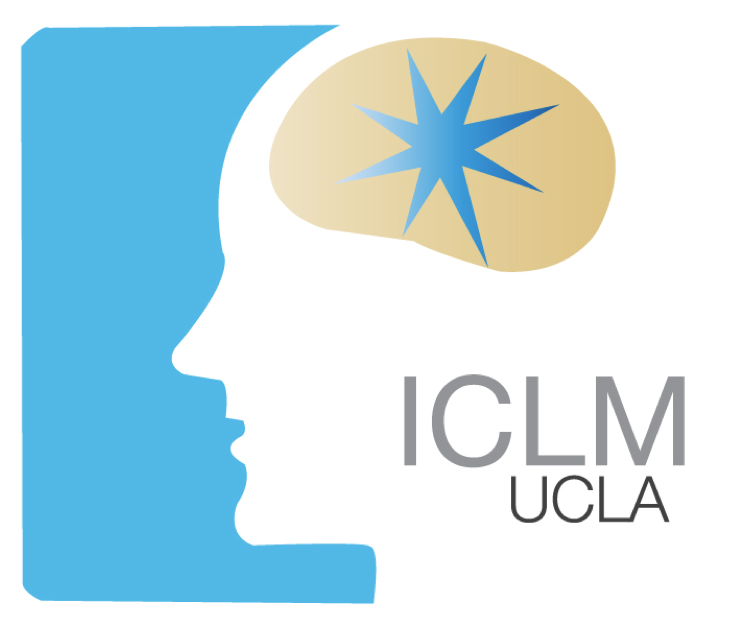
Karen Gylys
The Gylys laboratory studies pathways leading to synapse loss in Alzheimer’s. They study postmortem human tissue and transgenic mouse models of Alzheimer’s disease and have pioneered flow cytometry analysis of synaptosomes. Major interests include the mechanisms by which apolipoprotein E contributes to Alzheimer’s risk and synaptic propagation of exosomes and tau pathology. Recent studies also use human samples to consider the contribution of microglia and astrocytes to Alzheimer’s progression.
Recent Publications
Bilousova T, Melnik M, Miyoshi E, Gonzalez BL, Poon WW, Vinters HV, Miller CA, Corrada MM, Kawas C, Hatami A, Albay R, Glabe C, Gylys KH. Apolipoprotein E/A complex accumulates in AD cortical synapses via apoE receptors and is enhanced by APOE4. in press, Am J Pathol.
Bilousova Tina, Elias Chris, Miyoshi Emily, Alam Mohammad Parvez, Zhu Chunni, Campagna Jesus, Vadivel Kanagasabai, Jagodzinska Barbara, Gylys Karen Hoppens, John Varghese Suppression of tau propagation using an inhibitor that targets the DK-switch of nSMase2 Biochemical and biophysical research communications, 2018; 499(4): 751-757.
Prieto G Aleph, Trieu Brian H, Dang Cindy T, Bilousova Tina, Gylys Karen H, Berchtold Nicole C, Lynch Gary, Cotman Carl W Pharmacological Rescue of Long-Term Potentiation in Alzheimer Diseased Synapses The Journal of neuroscience : the official journal of the Society for Neuroscience, 2017; 37(5): 1197-1212.
Bilousova T, Miller CA, Poon WW, Vinters HV, Corrada M, Kawas C, Hayden EY, Teplow DB, Glabe C, Albay R III, Cole GM, Teng E, Gylys KH (2016) Synaptic A oligomers precede tau and differentiate high pathology control cases. Am J Pathol 186:185-198.
 I.C. Learning & Memory
I.C. Learning & Memory